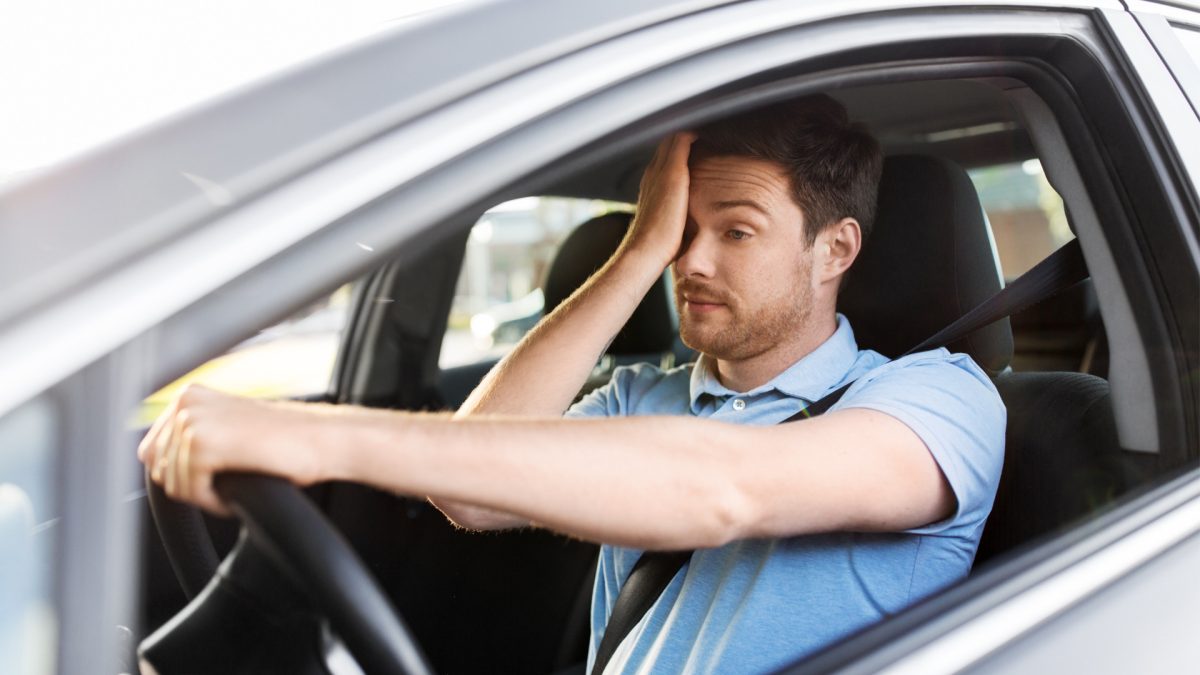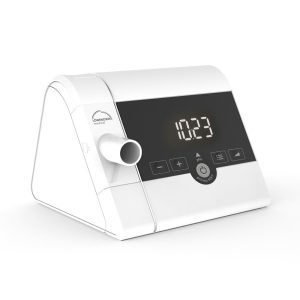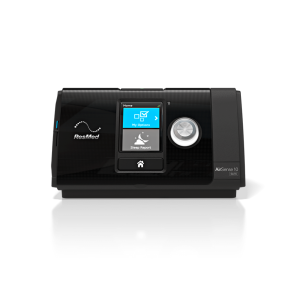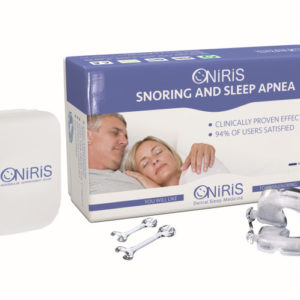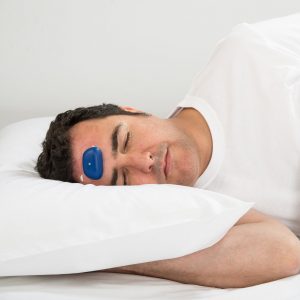Fact Checked
Intus Healthcare’s writers, customer service team, and sleep experts review and ensure this information is accurate.
Last updated on March 25th, 2024 at 11:07 am
Can you drive with Sleep Apnoea?
When people suspect they have Obstructive Sleep Apnoea (OSA) or have had a diagnosis confirmed. They want to know where they stand regarding driving and the DVLA. There is a wealth of misleading information on the Internet regarding this topic, so we have created this article to help clear up the confusion and common misconceptions.
Can you lose your license if you have Sleep Apnoea?
If you fear OSA could cost you your job – don’t! Many people wrongly believe that having Obstructive Sleep Apnoea means the DVLA will take away your license, and this is simply not true. If you have OSA or suspect you may have it, you do not have to worry about losing your license. One study found just 1% of OSA sufferers had their license revoked.
The exact regulations vary depending on whether or not you are a commercial driver.
You alone are responsible for deciding whether you are fit to drive. If you are sleepy to the point where your driving could be impaired, you must not drive. If you do, you are breaking the law, which may invalidate your insurance. If your GP, consultant, or other medical professional tells you that you must not drive, then you must NOT drive.

The DVLA and Sleep Apnoea
If you experience sleepiness during waking hours, go to your GP and ask for a referral to a sleep clinic. Alternatively, you can take our In-Home Sleep Test to find out if you have OSA; you will receive your results within 7-10 working days.
If the sleep clinic confirms Obstructive Sleep Apnoea but says that any sleepiness during waking hours is not excessive, you can continue to drive and do not need to notify the DVLA.
The DVLA suggests that if the tiredness gets any worse, return to your GP. You must not drive if you are experiencing excessive daytime sleepiness, as this can compromise your ability to drive. Statistics show that tiredness is one of the largest causes of driving fatalities; as many as 300 deaths each year are the result of a driver falling asleep (1).
If your sleep test or sleep study confirms mild, moderate or severe OSA with excessive sleepiness, you must not drive. Your sleep clinic must be satisfied that your CPAP or other treatment controls your sleepiness. You must then notify the DVLA that your symptoms are controlled by treatment.
You could be fined up to £1,000 if you do not tell the DVLA about a medical condition that affects your driving. Legal obligations that must be followed in regard to the DVLA and Sleep Apnoea:
Group 1 car and motorcycle | Group 2 bus and lorry | |
| Excessive sleepiness due to a medical condition, including mild Obstructive Sleep Apnoea syndrome (AHI below 15) | ✘- Must not drive. Driving may resume only after satisfactory symptom control. If symptom control cannot be achieved in 3 months, DVLA must be notified. | ✘- Must not drive. Driving may resume only after satisfactory symptom control. If symptom control cannot be achieved in 3 months, DVLA must be notified. |
| Excessive sleepiness due to Obstructive Sleep Apnoea syndrome – moderate and severe: ■ AHI 15 to 29 (moderate) ■ AHI 30 or more (severe) | ✘- Must not drive and must notify DVLA. Subsequent licensing will require: ■ Control of the condition ■ Sleepiness improved ■ Treatment adherence DVLA will need medical confirmation of the above, and the driver must confirm review is to be undertaken every 3 years at the minimum. | ✘- Must not drive and must notify DVLA. Subsequent licensing will require: ■ Control of the condition ■ Sleepiness improved ■ Treatment adherence DVLA will need medical confirmation of the above, and the driver must confirm that the review will be undertaken annually. |
| Excessive sleepiness due to suspected Obstructive Sleep Apnoea syndrome | ✘- Must not drive. Driving may resume only after satisfactory symptom control. If symptom control cannot be achieved in 3 months, DVLA must be notified. See ‘Excessive sleepiness due to Obstructive Sleep Apnoea syndrome’ above when it is confirmed. | ✘- Must not drive. Driving may resume only after satisfactory symptom control. If symptom control cannot be achieved in 3 months, DVLA must be notified. See ‘Excessive sleepiness due to Obstructive Sleep Apnoea syndrome’ above when it is confirmed. |
Legal obligations – DVLA
It is important to remember that if you are suffering from a medical condition that affects your driving, you have an obligation to inform the DVLA about it. Failure to do so can invalidate your insurance and make you guilty of driving without a valid license. Not informing the DVLA about your OSA is far more likely to result in your license being taken away than reporting it. Considering how easy it is to notify the DVLA of your condition and treatment, there is little reason to risk that happening.
Once you have begun your treatment, you should inform the DVLA so they are aware you are not at risk of falling asleep at the wheel.
Can I drive with Sleep Apnoea?
If you have had confirmation that you have Sleep Apnoea, you will need to treat the disorder to be fit to drive. The most common form of treatment is CPAP therapy, which provides a continuous flow of pressurised air to keep your airway free of obstructions. Treating your Sleep Apnoea will reduce your daytime sleepiness and allow you to have a restful and restorative night’s sleep. There are alternatives to a CPAP machine, and your sleep clinic should provide you with the appropriate treatment options for your OSA.
How OSA affects your driving insurance
It is very important to inform your insurance company about your Sleep Apnoea; failure to do so could invalidate your insurance. Telling your insurance company should make no difference in your coverage or premium. If you are treated differently as a result of your OSA, then it is breaking the Disability Discrimination Act 1995. If the DVLA considers you fit to drive and hold a license, then informing your insurer about your OSA should simply be a formality.
Summary
If you need any advice or guidance, please contact us.
For complete DVLA guidelines, visit The DVLA’s Updated Guidelines for Sleep Apnoea
REFERENCES
- Hendy (2021) Driver fatigue: An Essential Guide to Road Safety, Driver Fatigue: An Essential Guide to Road Safety. Available at: https://www.hendycarstore.co.uk/driver-fatigue-essential-road-safety-guide/. (Accessed: 26 June 2023).

